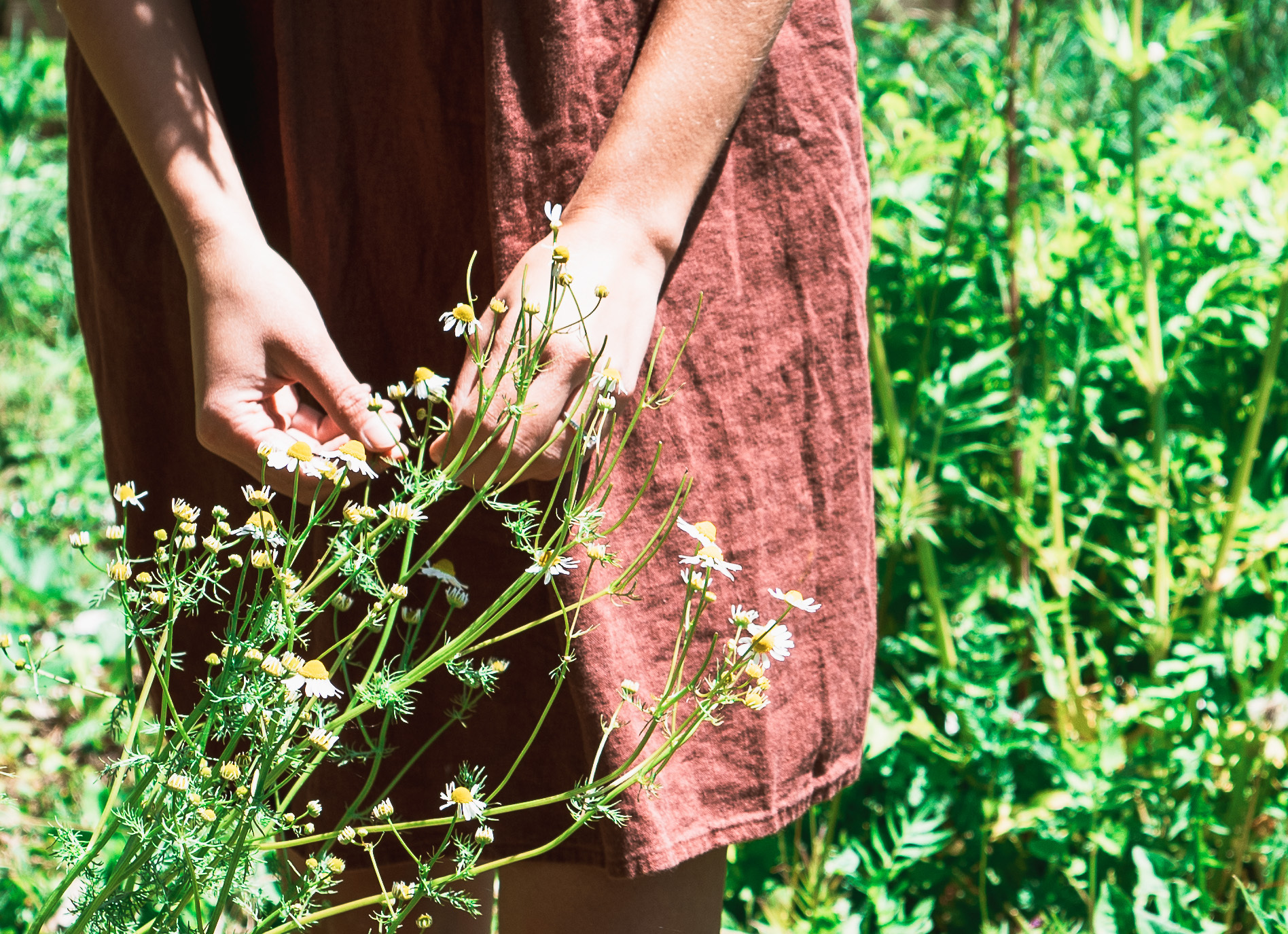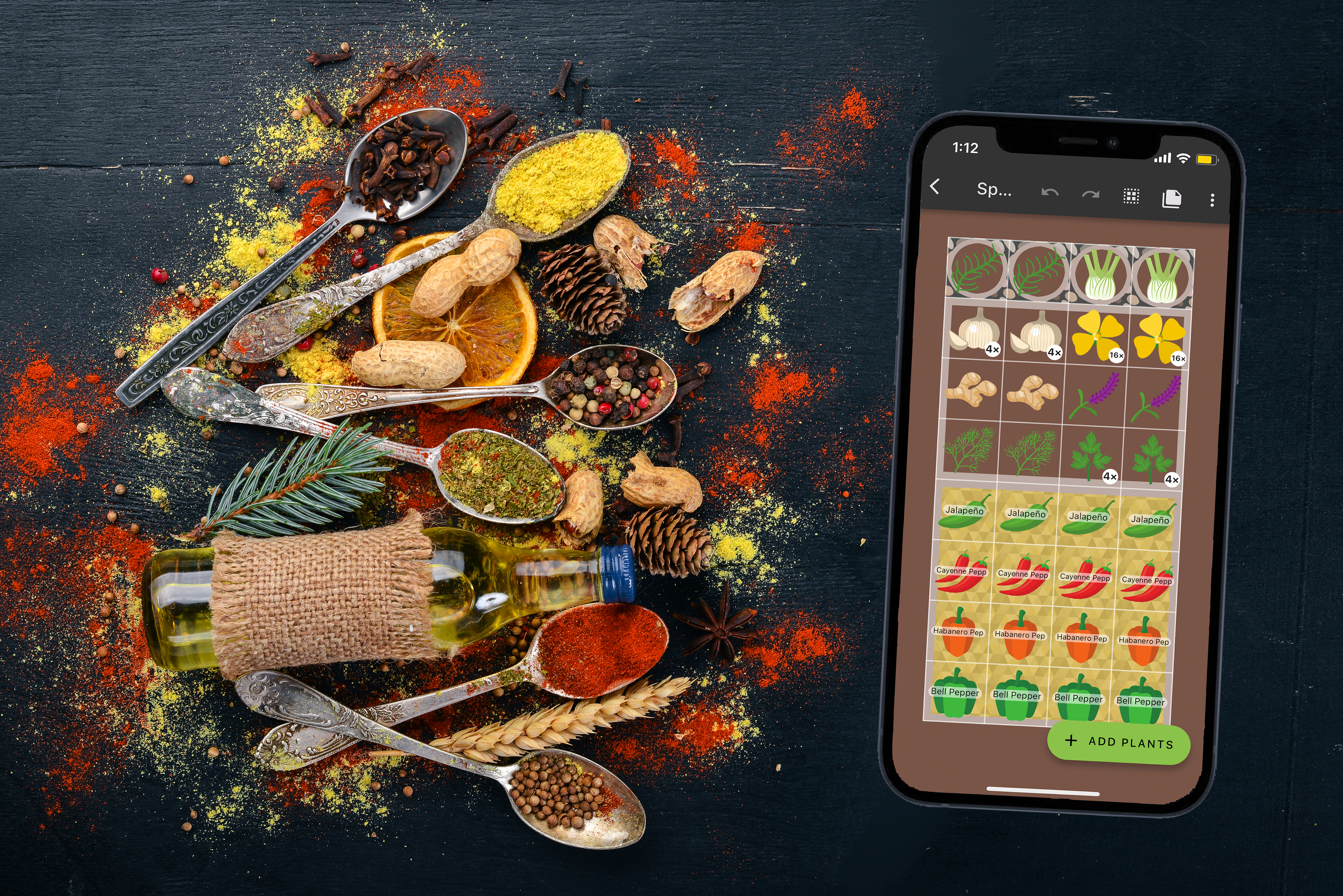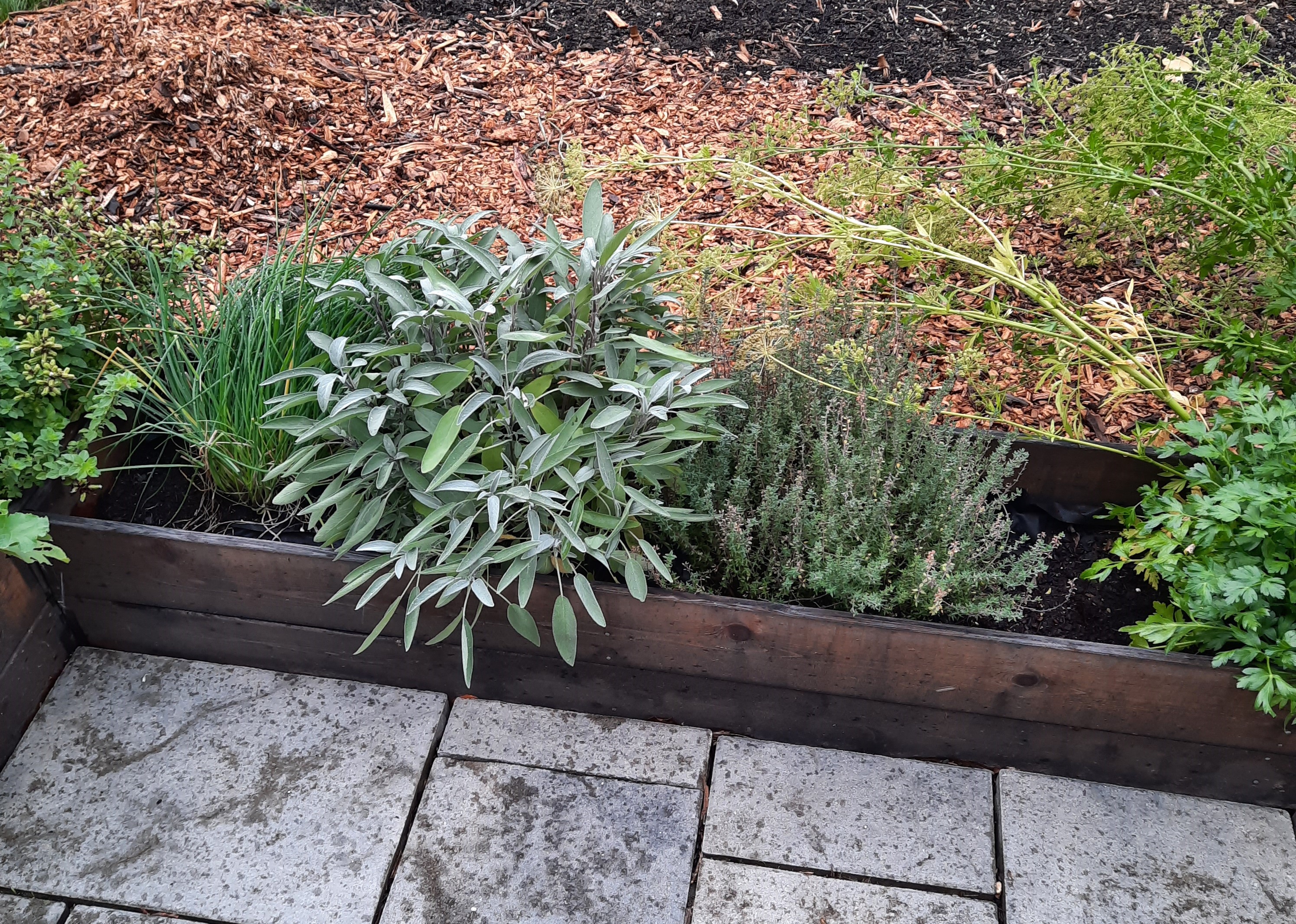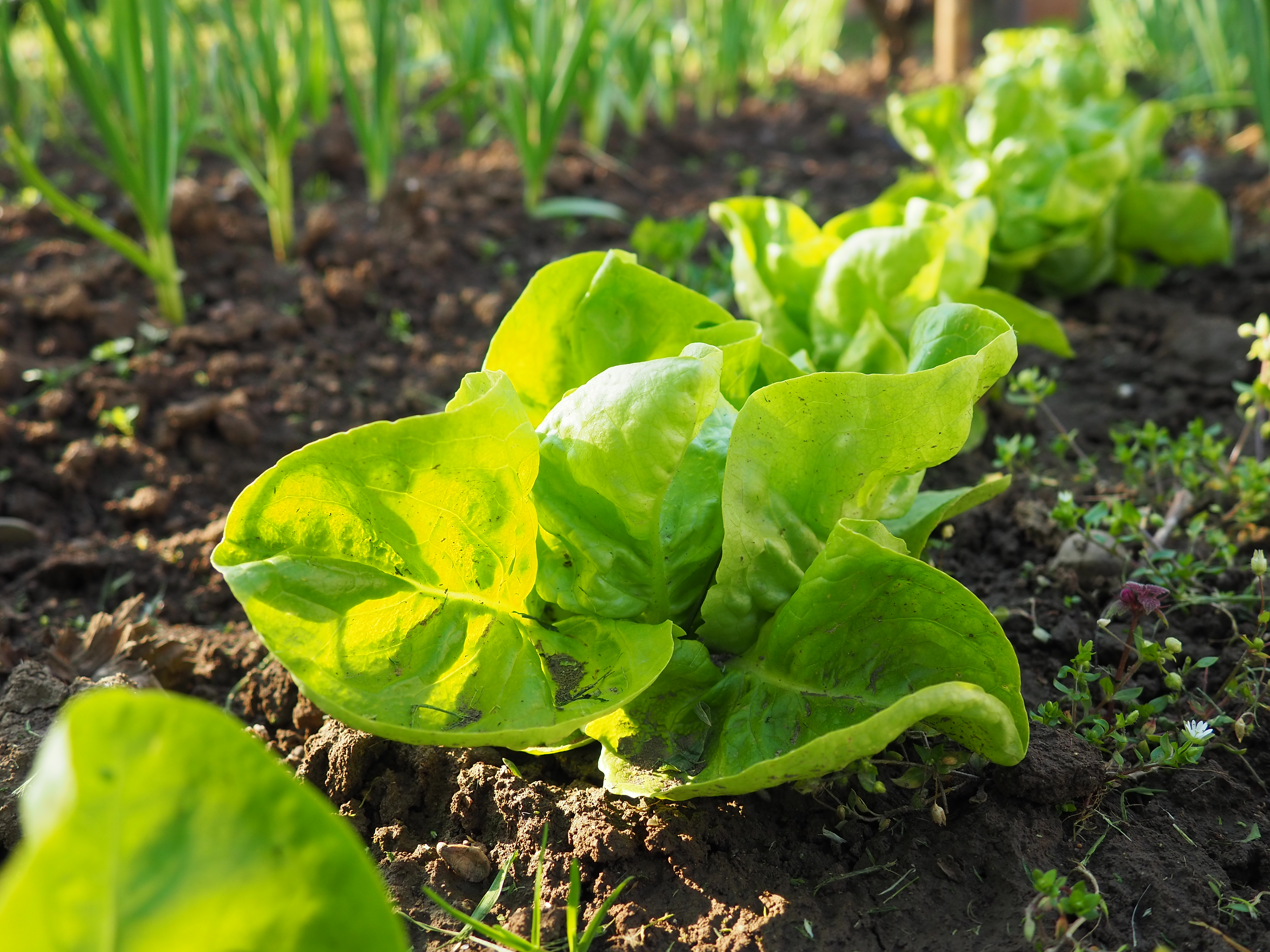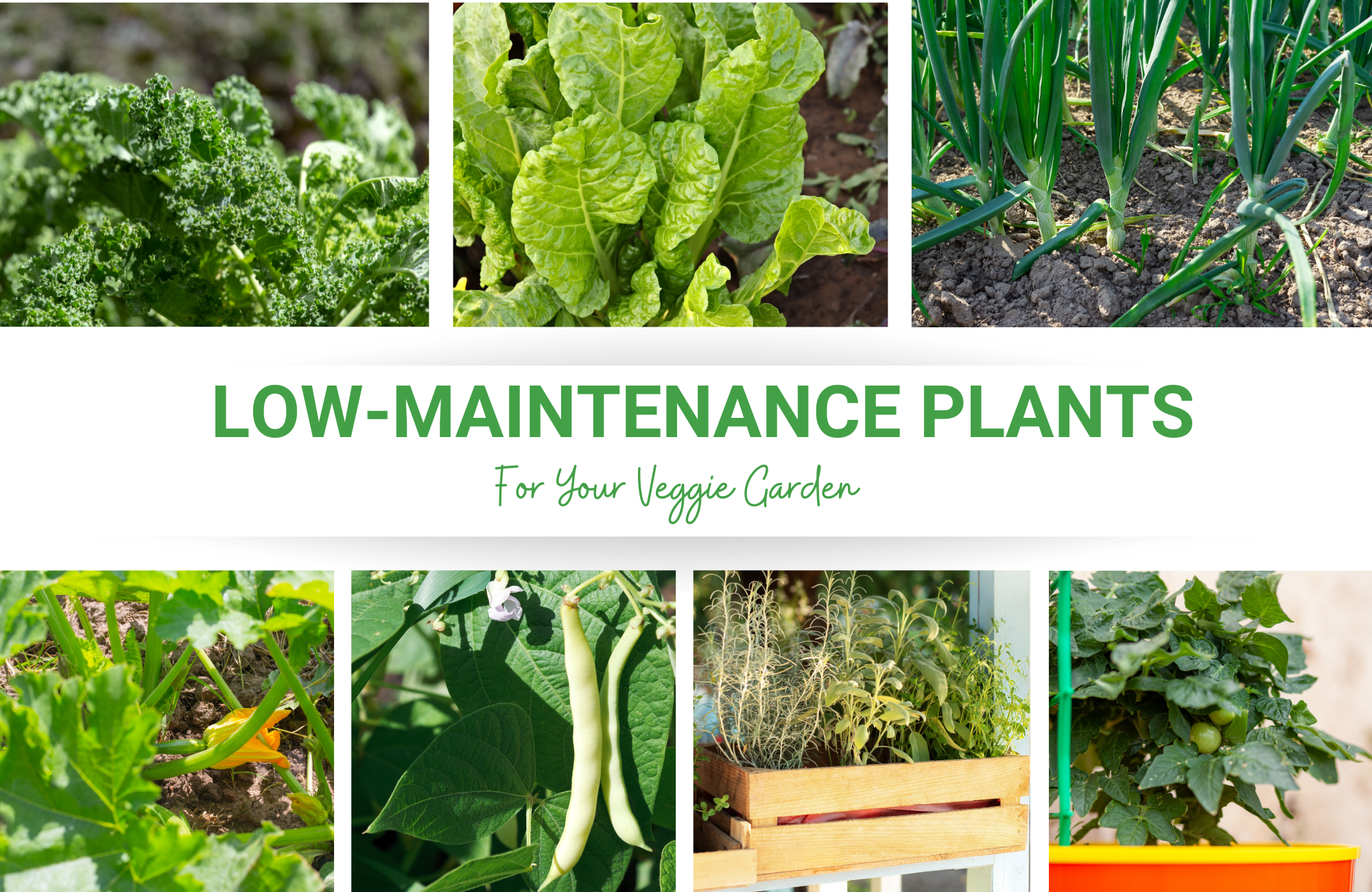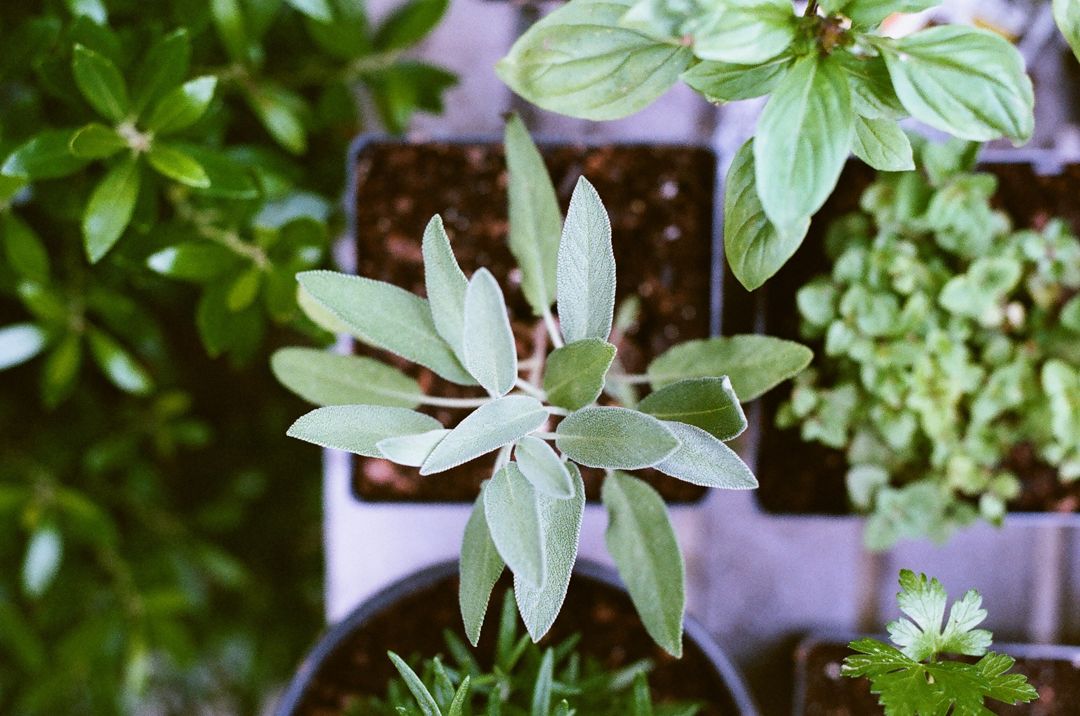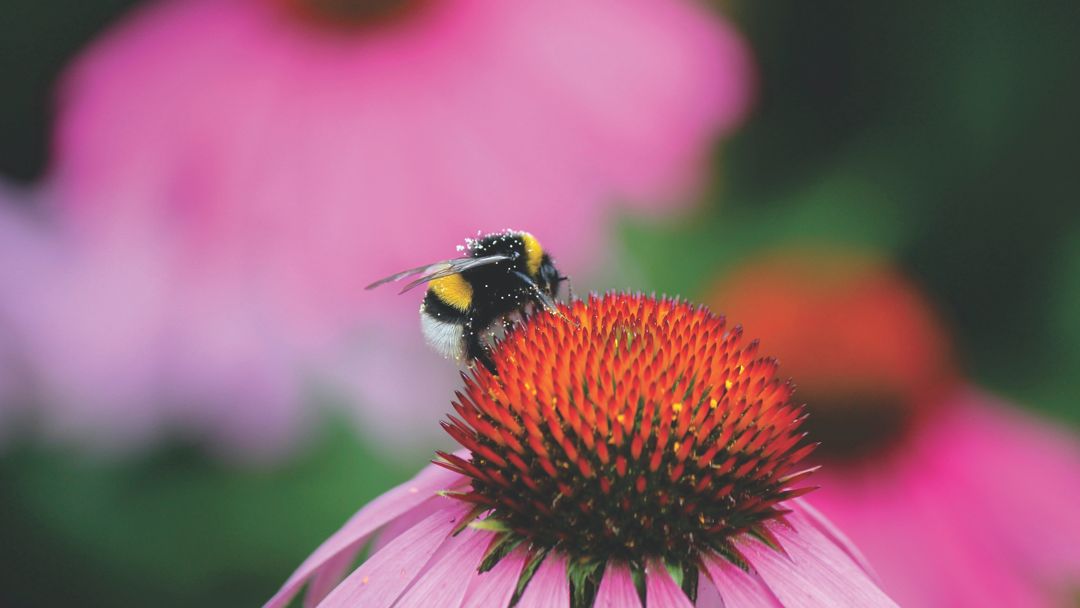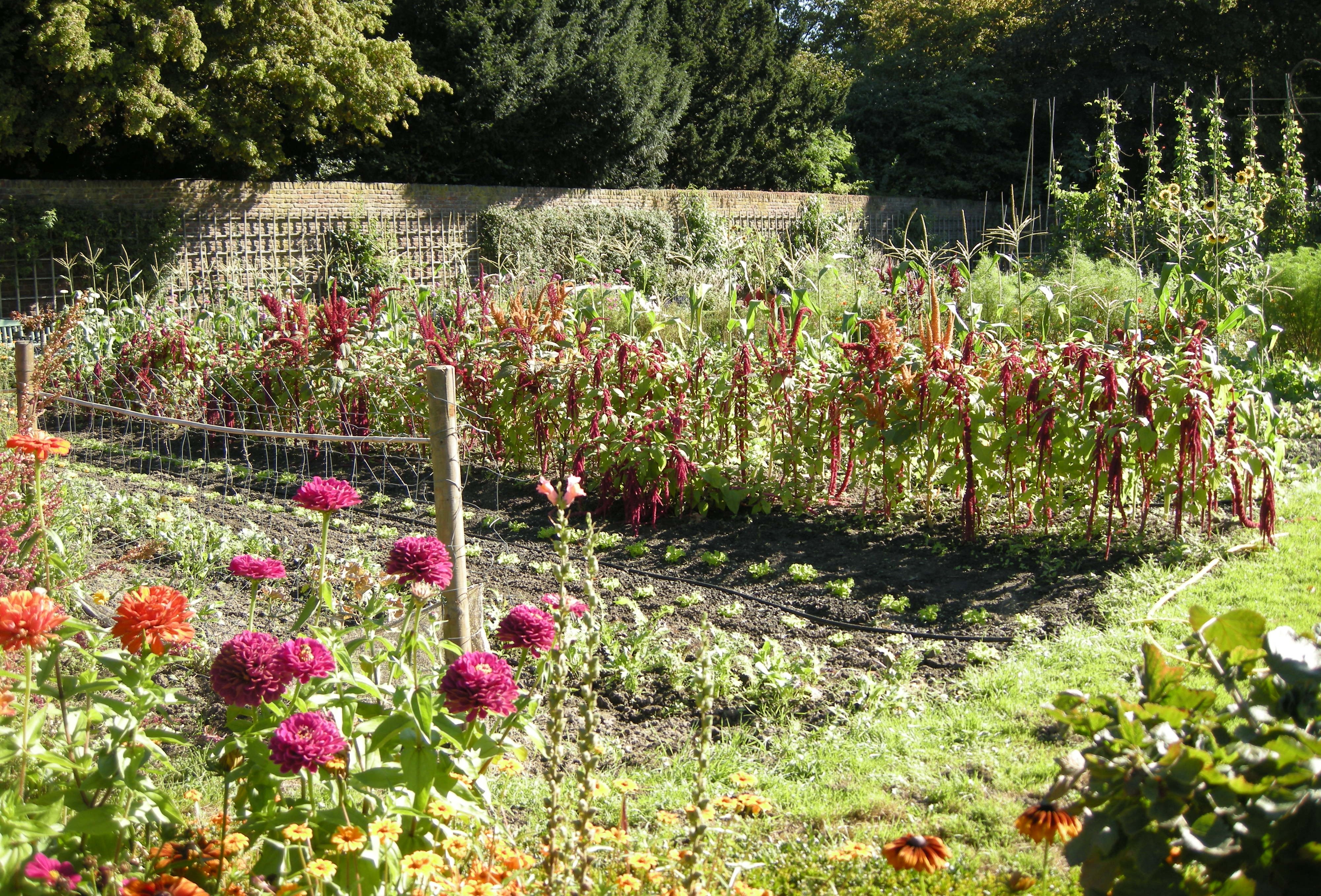
What Are Insectary Plants?
An introduction to insectary plants What makes a plant an insectary plant? Insectary plants provide food sources and shelter for beneficial insects, which attracts them and encourages them to stick around your garden. If you’ve already read our article Pest Hunters: Beneficial Predatory and Parasitic Insects, you know that there are many beneficial insects that prey on garden pests. By planting insectary plants we can encourage these predatory and parasitic insects to take up residence in our garden....
